How observers shape reality through entropy


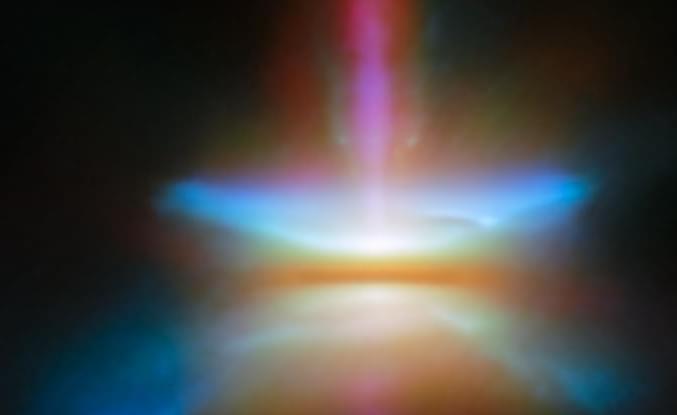
The James Webb Space Telescope (JWST) has been giving us a fabulous new view on the Universe since its launch.
This new image of the protostar HH30 is in amazing new detail thanks to the JWST. It was first discovered using the Hubble Space Telescope, but this Herbig-Haro object, which is a dark molecular cloud, is a perfect object for JWST.
The image shows the protoplanetary disk seen edge on, with a conical outflow of gas and dust, with a narrow jet blasting out into space.
What if gravity isn’t a force, but a computation? In this episode, we explore Dr. Melvin Vopson’s groundbreaking theory that gravity emerges from the universe’s effort to compress and optimize information. Discover how this idea connects with simulation theory, quantum physics, and the future of reality.
Paper link: https://pubs.aip.org/aip/adv/article/.… 00:00 Introduction 00:54 The Universe as a Computational System 02:18 Gravity as an Optimization Process 03:48 Implications and Similar Theories 07:20 Outro 07:39 Enjoy MUSIC TITLE : Starlight Harmonies MUSIC LINK : https://pixabay.com/music/pulses-star… Visit our website for up-to-the-minute updates: www.nasaspacenews.com Follow us Facebook: / nasaspacenews Twitter:
/ spacenewsnasa Join this channel to get access to these perks:
/ @nasaspacenewsagency #NSN #NASA #Astronomy#GravityTheory #InformationPhysics #MelvinVopson #SimulationHypothesis #DigitalUniverse #HolographicPrinciple #EntropicGravity #PhysicsExplained #ScienceNews #QuantumGravity #NewPhysics #ComputationalUniverse #BinaryReality #SpaceTime #QuantumMechanics #BlackHoleTheory #QuantumInformation #QuantumComputing #TheoreticalPhysics #ScienceBreakthrough #QuantumWorld #UnifiedTheory #SpaceExploration #Astrophysics #PhysicsToday #CosmosDecoded #EmergentGravity #ScienceFacts #GravityExplained #DigitalPhysics.
Chapters:
00:00 Introduction.
00:54 The Universe as a Computational System.
02:18 Gravity as an Optimization Process.
03:48 Implications and Similar Theories.
07:20 Outro.
07:39 Enjoy.
MUSIC TITLE : Starlight Harmonies.
MUSIC LINK : https://pixabay.com/music/pulses-star…
Visit our website for up-to-the-minute updates:
www.nasaspacenews.com.
Follow us.
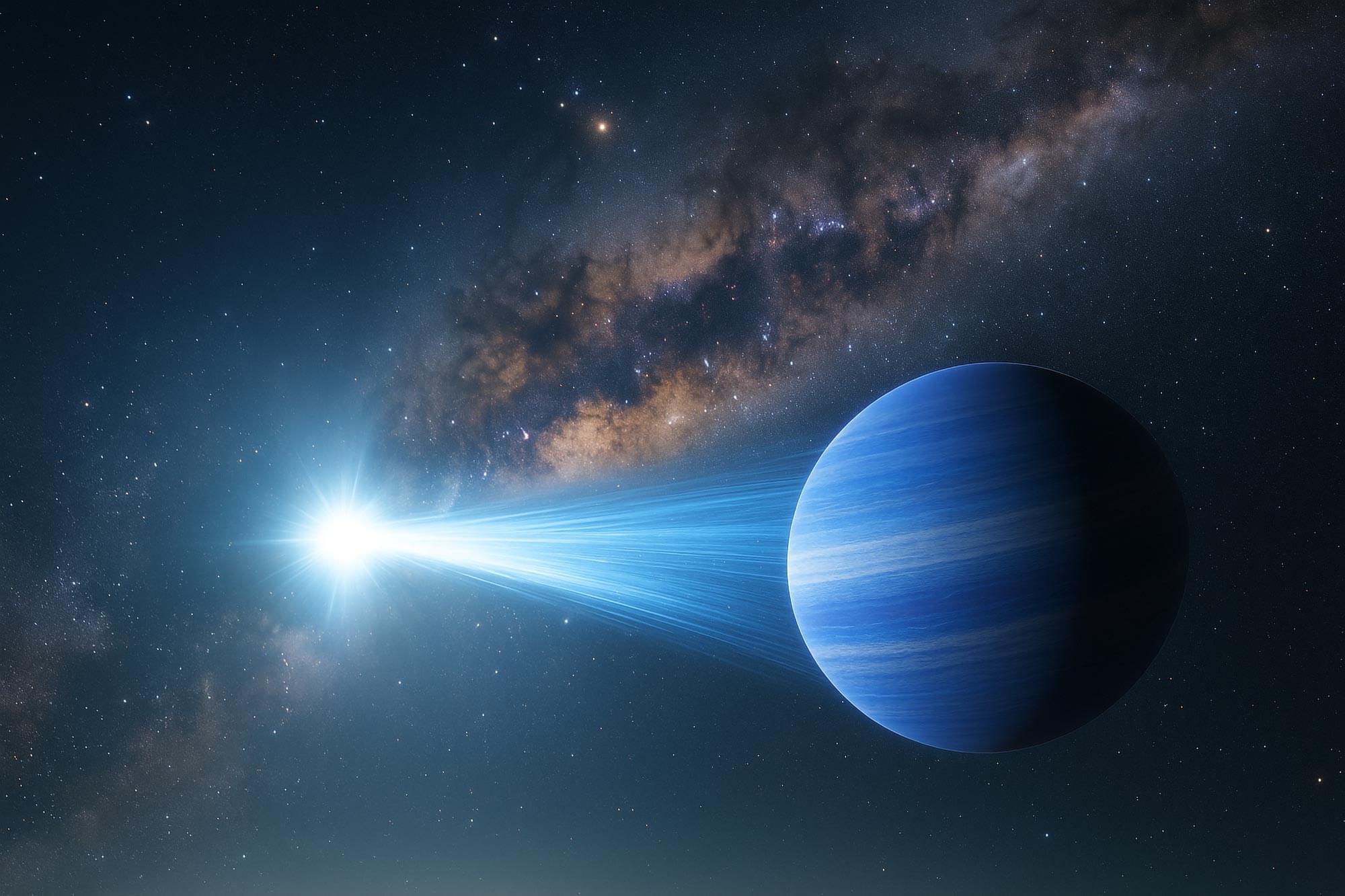
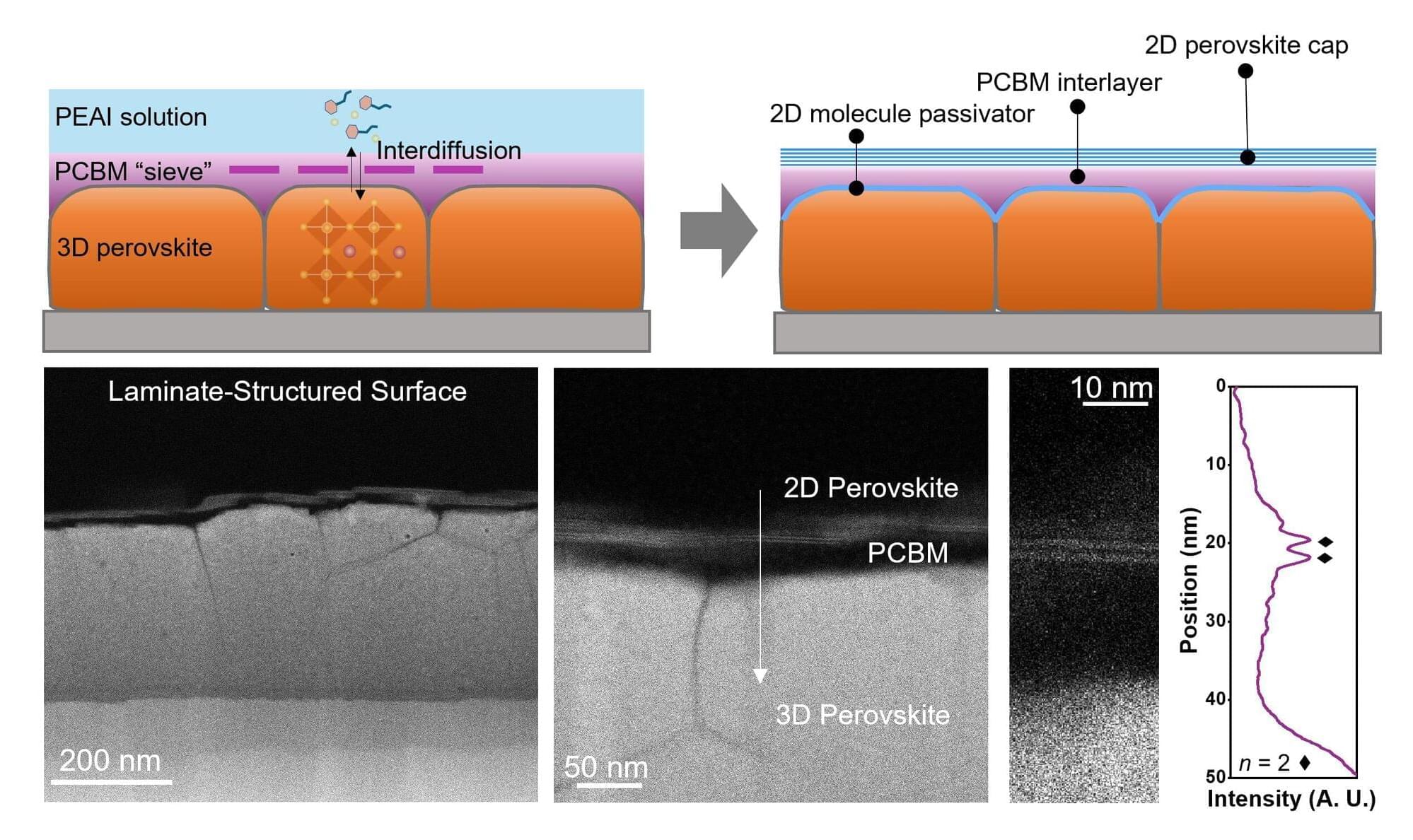
A collaborative research team from the Hong Kong University of Science and Technology (HKUST) and the Hong Kong Polytechnic University (PolyU) has developed an innovative laminated interface microstructure that enhances the stability and photoelectric conversion efficiency of inverted perovskite solar cells. The research is published in the journal Nature Synthesis.
Perovskite solar cells have considerable potential to replace traditional silicon solar cells in various applications, including grid electricity, portable power sources, and space photovoltaics. This is due to their unique advantages, such as high efficiency, low cost, and aesthetic appeal.
The basic structures of perovskite solar cells are classified into two types: standard and inverted. The inverted structure demonstrates better application prospects because the electronic materials used in each layer are more stable compared to those in the standard configuration.
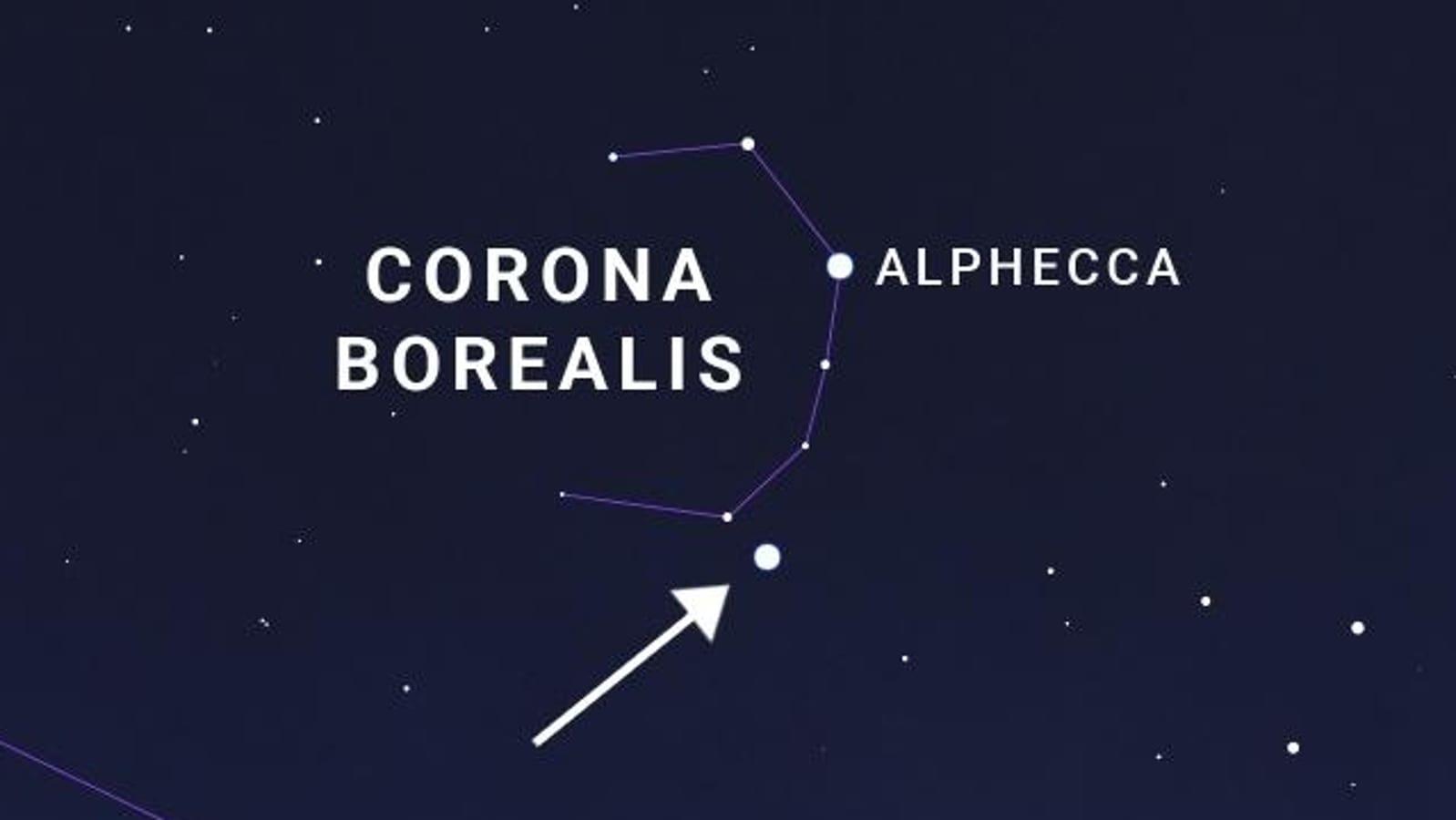
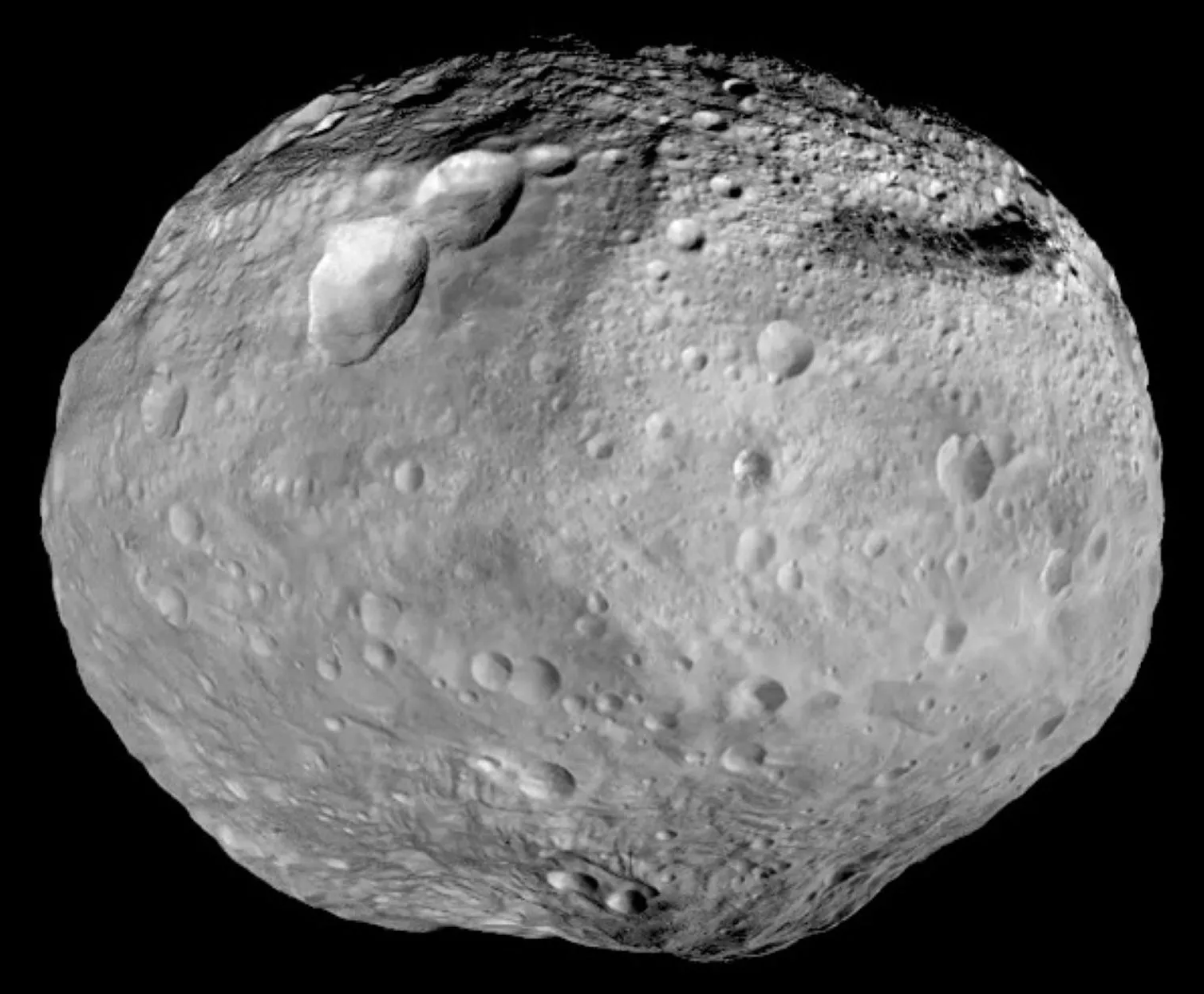

Tesla is ramping up production of its Semi trucks to 50,000 units annually by 2026, while enhancing performance, charging infrastructure, and electrification solutions to support the transition from diesel ## ## Questions to inspire discussion ## Production and Delivery.
🏭 Q: When will Tesla Semi production and deliveries begin? A: Tesla Semi customer deliveries will start in 2026, with production ramping throughout the year to reach a goal of 50,000 units/year at the Nevada plant.
🚚 Q: What are the key features of the new Tesla Semi? A: The Tesla Semi offers 500 mile long range and 300 mile standard range options, with improved mirror design, better sight lines, enhanced aerodynamics, and drop glass for easier driver interaction. Technology and Efficiency.
🔋 Q: How does the new HP battery improve the Tesla Semi? A: The new HP battery is cheaper to manufacture, maintains the same range with less battery energy, and achieves over 7% efficiency improvements, creating a positive feedback loop for cost and weight reduction.
⚡ Q: What is the e-PTO feature in the Tesla Semi? A: The electric power takeoff (EPTO) enables support for longer combinations, more trailer equipment, and helps electrify additional pieces of equipment, facilitating broader industry transition to electric solutions. Charging Infrastructure.
🔌 Q: What charging solutions is Tesla developing for the Semi? A: Tesla is building a publicly available charging network with 46 sites along truck routes and in major industrial areas, including stations at truck stops, to ensure low-cost, reliable, and available charging for every semi.
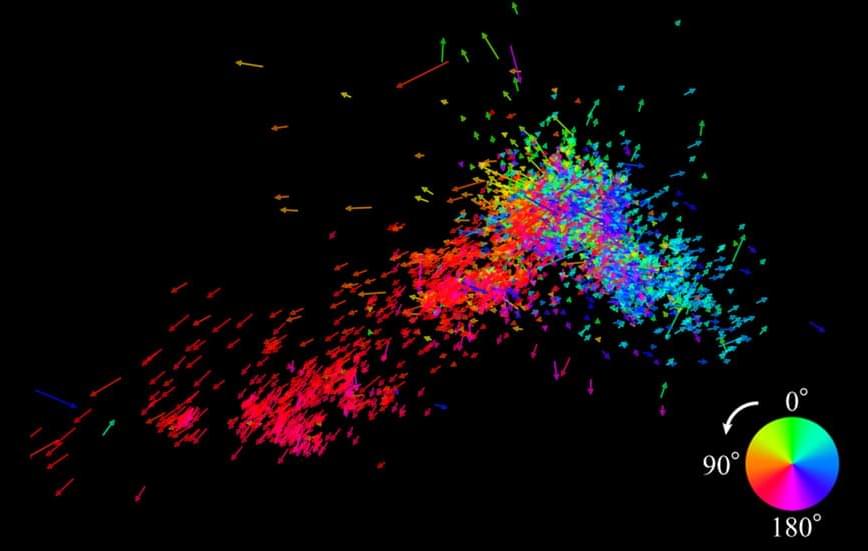
Is the nearest galaxy to ours being torn apart? Research suggests so. A team led by Satoya Nakano and Kengo Tachihara at Nagoya University in Japan has revealed new insights into the motion of massive stars in the Small Magellanic Cloud (SMC), a small galaxy neighboring the Milky Way. Their findings suggest that the gravitational pull of the Large Magellanic Cloud (LMC), the SMC’s larger companion, may be tearing the smaller one apart. This discovery reveals a new pattern in the motion of these stars that could transform our understanding of galaxy evolution and interactions. The results were published in The Astrophysical Journal Supplement Series.
“When we first got this result, we suspected that there might be an error in our method of analysis,” Tachihara said. “However, upon closer examination, the results are indisputable, and we were surprised.”
The SMC remains one of the closest galaxies to the Milky Way. This proximity allowed the research team to identify and track approximately 7,000 massive stars within the galaxy. These stars, which are over eight times the mass of our Sun, typically survive for only a few million years before exploding as supernovae. Their presence indicates regions rich in hydrogen gas, a crucial component of star formation.